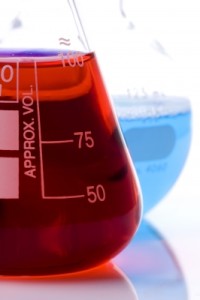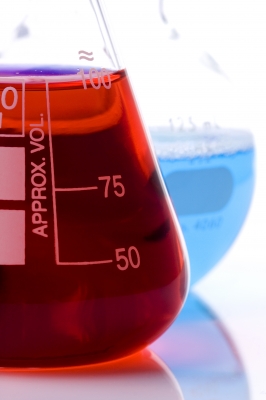 The Philippine National Police (PNP) has suspended for 60 days its requirement for companies to secure a license or permit to import, handle, or transport some chemicals that are commonly used by manufacturers in manufacturing.
The Philippine National Police (PNP) has suspended for 60 days its requirement for companies to secure a license or permit to import, handle, or transport some chemicals that are commonly used by manufacturers in manufacturing.
The 60-day moratorium took effect on December 9, 2015 and will end February 9, 2016, according to PNP Director Ricardo Marquez and Local Government Secretary Mel Senen Sarmiento, as quoted by the Philippine Exporters Confederation, Inc. (PhilExport) News and Features.
“Upon suggestion of the Department of the Interior and Local Government (DILG), Department of Trade and industry (DTI) and industry stakeholders, the Philippine National Police (PNP) decided to temporarily suspend regulating commonly used chemicals for a period of 60 calendar days beginning today, December 9, 2015 until February 9, 2016,” the two officials said in a joint statement read during a meeting with stakeholders at Camp Crame, Quezon City.
The suspension is “to allow the government as well as the private sector to thresh out issues and concerns pertaining to the industry-proposed categorization of controlled chemicals sanctioned under Presidential Decree No. 1866 as amended by Republic Act No. 9516,” they added.
This year, the PNP added 41 chemicals to its master list of regulated chemicals, a move it claimed was in keeping with Presidential Decree No. 1866 as amended by Republic Act Nos. 8294 and 9516. The decree states that “chemicals and accessories mentioned in the preceding section shall exclusively refer to chlorates, nitrates, nitric acid and such other chemicals and accessories that can be used for the manufacture of explosives and explosive ingredients.”
The legislation is intended to regulate illegal or unlawful possession, manufacture, dealing in, acquisition or disposition of firearms, ammunition or explosives, or instruments used in the manufacture of firearms, ammunition or explosives. However, since the additional chemicals are also commonly used in manufacturing, enterprises encountered problems securing the needed permits.
Sarmiento noted that the moratorium will mean that PNP will not ask importers, makers, traders, and distributors to comply with any license, permit, escorting, and reportorial requirements during the 60-day period. Moreover, PNP will not confiscate their stocks, nor will it collect “any amount arising from, in association with or in relation to, escorting services.”
Not covered by the moratorium are nitrates, chlorates, and nitric acid. The PNP also released a list of 15 explosives and explosives accessories “in pure form” which are not covered by the moratorium. These include black powder, composition 4, delay compound, dinitrotoluene, emulsion matrix, M201 fuse, nitrocellulose, nitroglycerine, phosphorus, picric acid, propellant charges, slurry blast agent, slurry powder, sulfur powder, and tetryl.
Marquez directed the PNP to “inform other government agencies of this development, particularly the Bureau of Customs, the Commission on Elections, the Philippine Economic Zone Authority, the Export Development Council, the Fertilizer and Pesticide Authority and the Food and Drug Administration.”
A technical working group will be formed immediately to come up with a list of categorized controlled chemicals, and its draft recommendation will be used in formulating the implementing rules and regulations of P.D. 1866.
The PNP is also looking to streamline and automate the processing of all license applications for controlled chemicals used for commercial or industrial purposes so as to promote ease of doing business.





